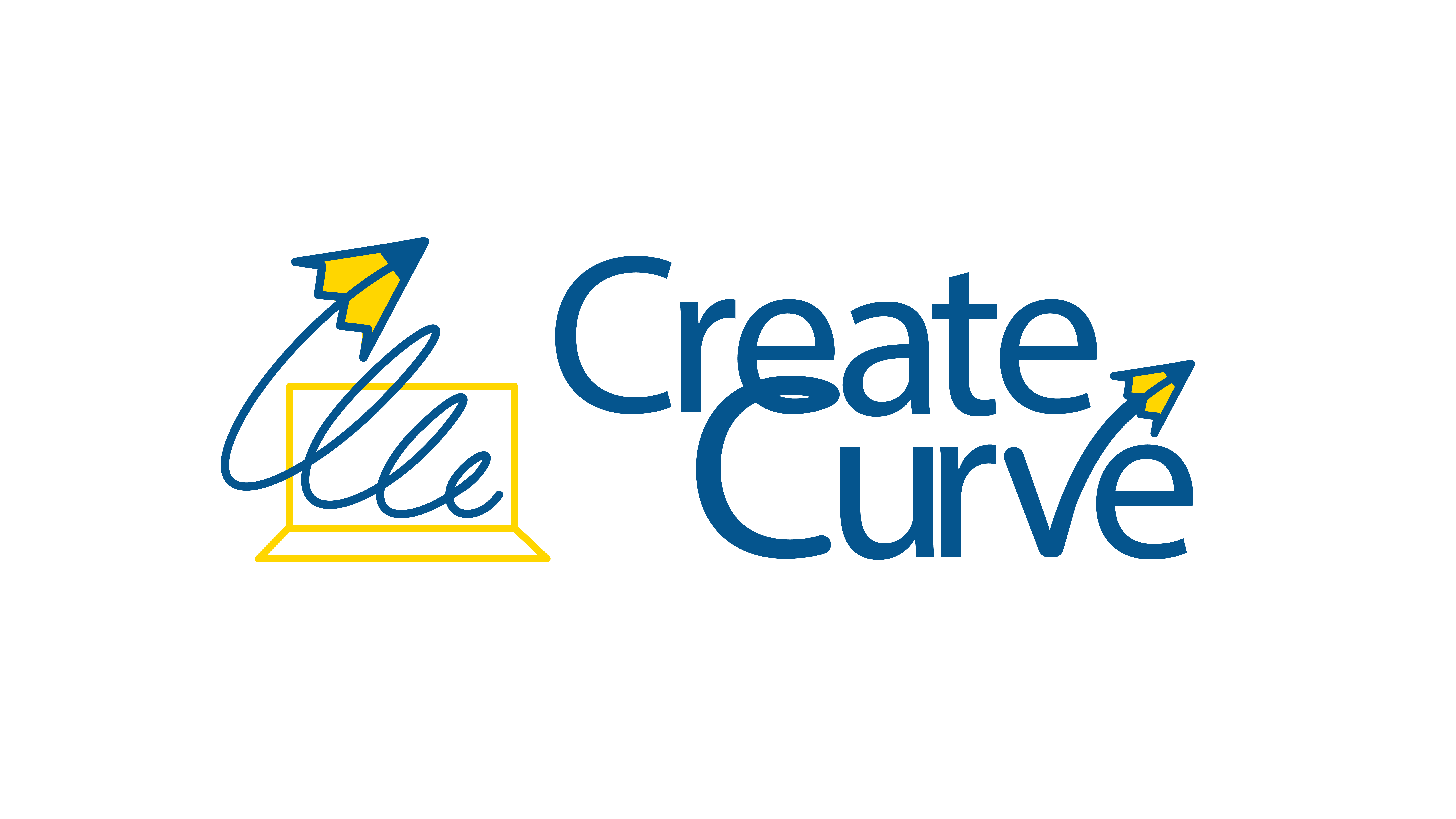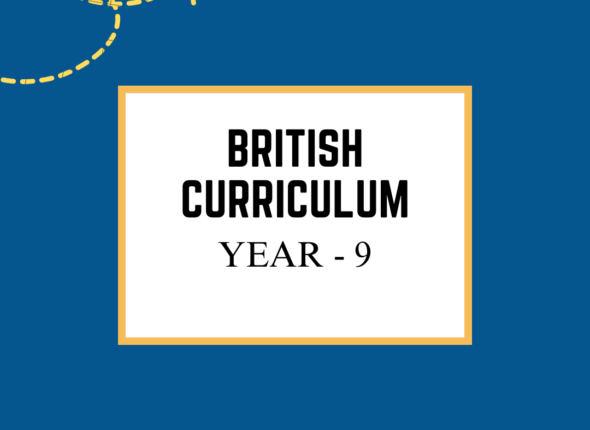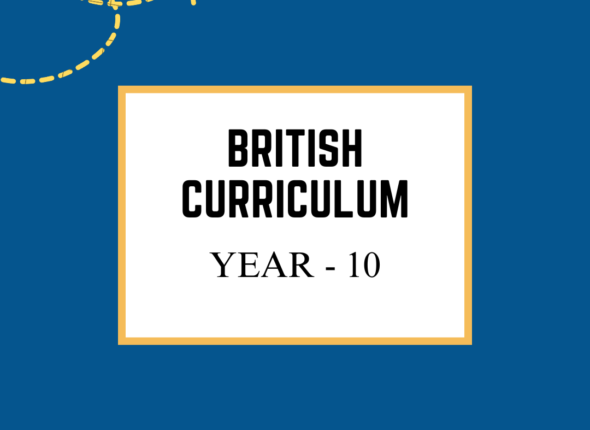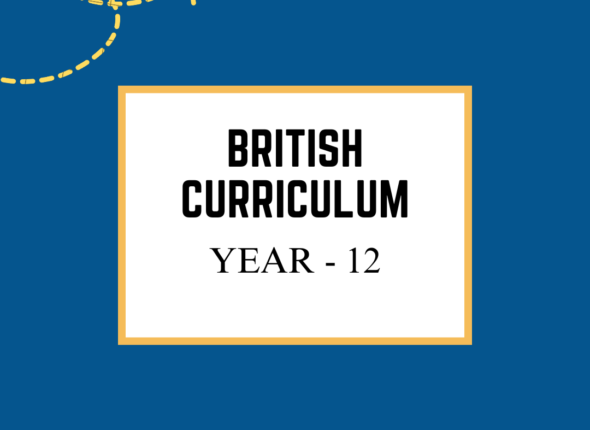Course Description:
In Year 11 Science, students complete their General Certificate of Secondary Education (GCSE) studies, preparing for final exams in Physics, Chemistry, and Biology. They can opt for:
- Combined Science (Double Award) – Covers key topics from all three sciences with two GCSE grades.
- Separate Sciences (Triple Award) – In-depth study of Physics, Chemistry, and Biology with three GCSE grades.
What You’ll Learn:
- Physics: Forces & motion, energy, waves, magnetism, radioactivity, electricity, and astrophysics.
- Chemistry: Chemical bonding, quantitative chemistry, rates of reaction, organic chemistry, and electrolysis.
- Biology: Cell biology, human physiology, genetics, evolution, ecology, and disease & immunity.
Syllabus:
Chemistry
- States of matter
- Atomic structure and the Periodic Table
- Chemical bonding
- Chemical calculations (Stoichiometry)
- Energetics and rates of reaction
- Electrochemistry
- Acids, bases, and salts
- The reactivity series and extraction of metals
- Organic chemistry
- Air and water
- Chemical analysis and experimental techniques
Physics
- Motion, forces, and energy
- Thermal physics
- Waves, sound, and light
- Electricity and magnetism
- Electromagnetic induction
- Nuclear physics and radioactivity
- Space physics
- Practical skills and data analysis
Biology
- Cell structure and function
- Biological molecules and enzymes
- Nutrition and digestion
- Respiration and gas exchange
- Transport systems in plants and animals
- Homeostasis and excretion
- Nervous and hormonal coordination
- Reproduction and genetics
- Evolution and natural selection
- Ecology and human impact on the environment
- Biotechnology and genetic engineering
Mathematics
- Number systems and operations
- Algebra and equations
- Graphs and coordinate geometry
- Geometry and trigonometry
- Mensuration and measurement
- Vectors and transformations
- Probability and statistics
- Mathematical reasoning and problem-solving







